Congratulations to Henry Truong on completing his thesis titled “Machine learning high multiplicity matrix elements for electron-positron and hadron-hadron colliders“!
The abstract of his thesis was:
The LHC is a large-scale particle collider experiment collecting vast
quantities of experimental data to study the fundamental particles, and forces, of
nature. Theoretical predictions made with the SM can be compared with observables
measured at experiments. These predictions rely on the use of Monte Carlo event
generators to simulate events which demand the evaluation of a matrix element. For
high multiplicity processes this can take up a significant portion of the time spent
simulating an event. In this thesis, we explore the usage of machine learning to accel-
erate the evaluation of matrix elements by introducing a factorisation-aware neural
network model. Matrix elements are plagued with singular structures in regions of
phase-space where particles become soft or collinear, however, the behaviour of the
matrix element in these limits are well-understood. By exploiting the factorisation
property of matrix elements in these limits, the model can learn how to best rep-
resent the approximation of the matrix elements as a linear combination of singular
functions. We examine the application of the model to e−e+ annihilation matrix
elements at tree-level and one-loop level, as well as to leading order pp collisions
where the acceleration of event generation is critical for current experiments.
quantities of experimental data to study the fundamental particles, and forces, of
nature. Theoretical predictions made with the SM can be compared with observables
measured at experiments. These predictions rely on the use of Monte Carlo event
generators to simulate events which demand the evaluation of a matrix element. For
high multiplicity processes this can take up a significant portion of the time spent
simulating an event. In this thesis, we explore the usage of machine learning to accel-
erate the evaluation of matrix elements by introducing a factorisation-aware neural
network model. Matrix elements are plagued with singular structures in regions of
phase-space where particles become soft or collinear, however, the behaviour of the
matrix element in these limits are well-understood. By exploiting the factorisation
property of matrix elements in these limits, the model can learn how to best rep-
resent the approximation of the matrix elements as a linear combination of singular
functions. We examine the application of the model to e−e+ annihilation matrix
elements at tree-level and one-loop level, as well as to leading order pp collisions
where the acceleration of event generation is critical for current experiments.


